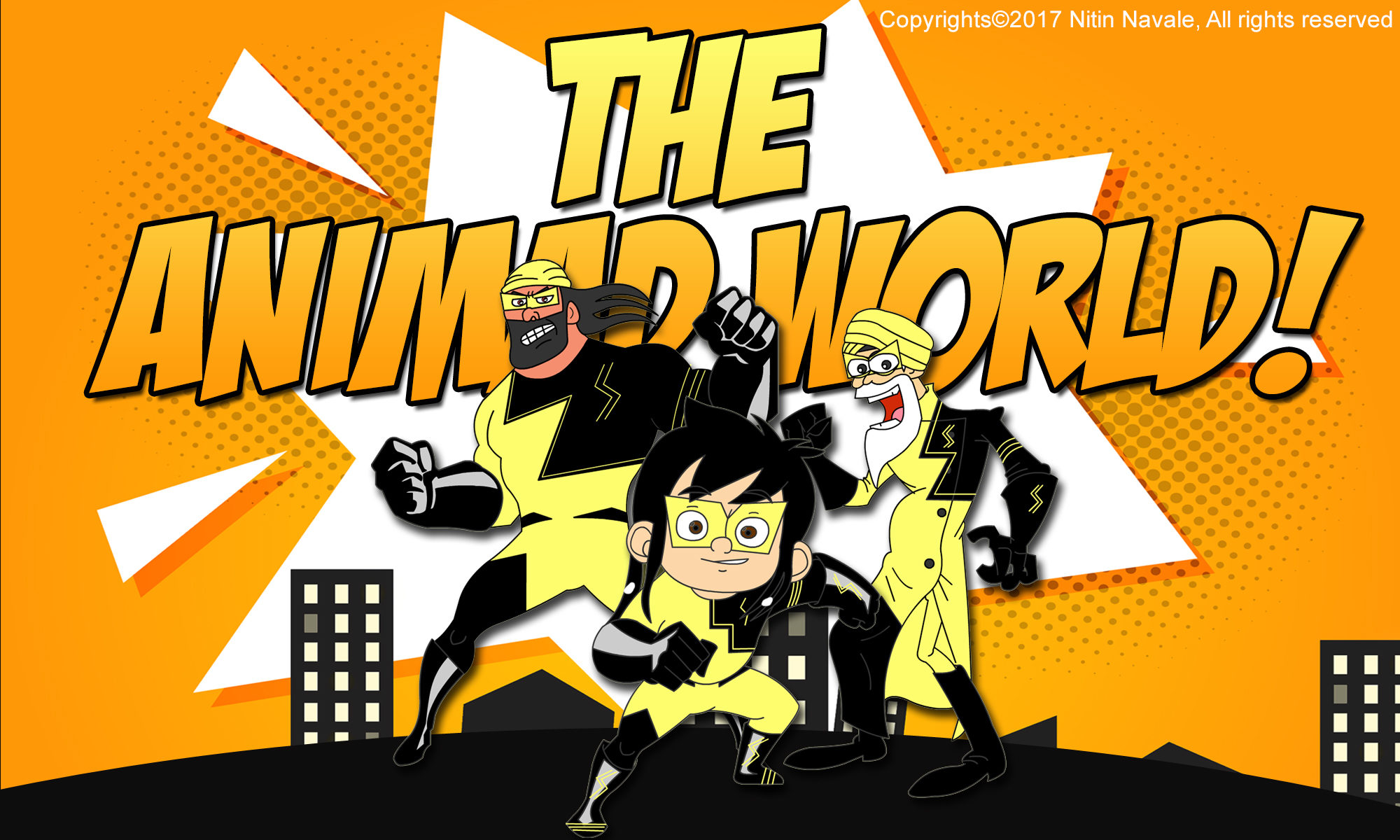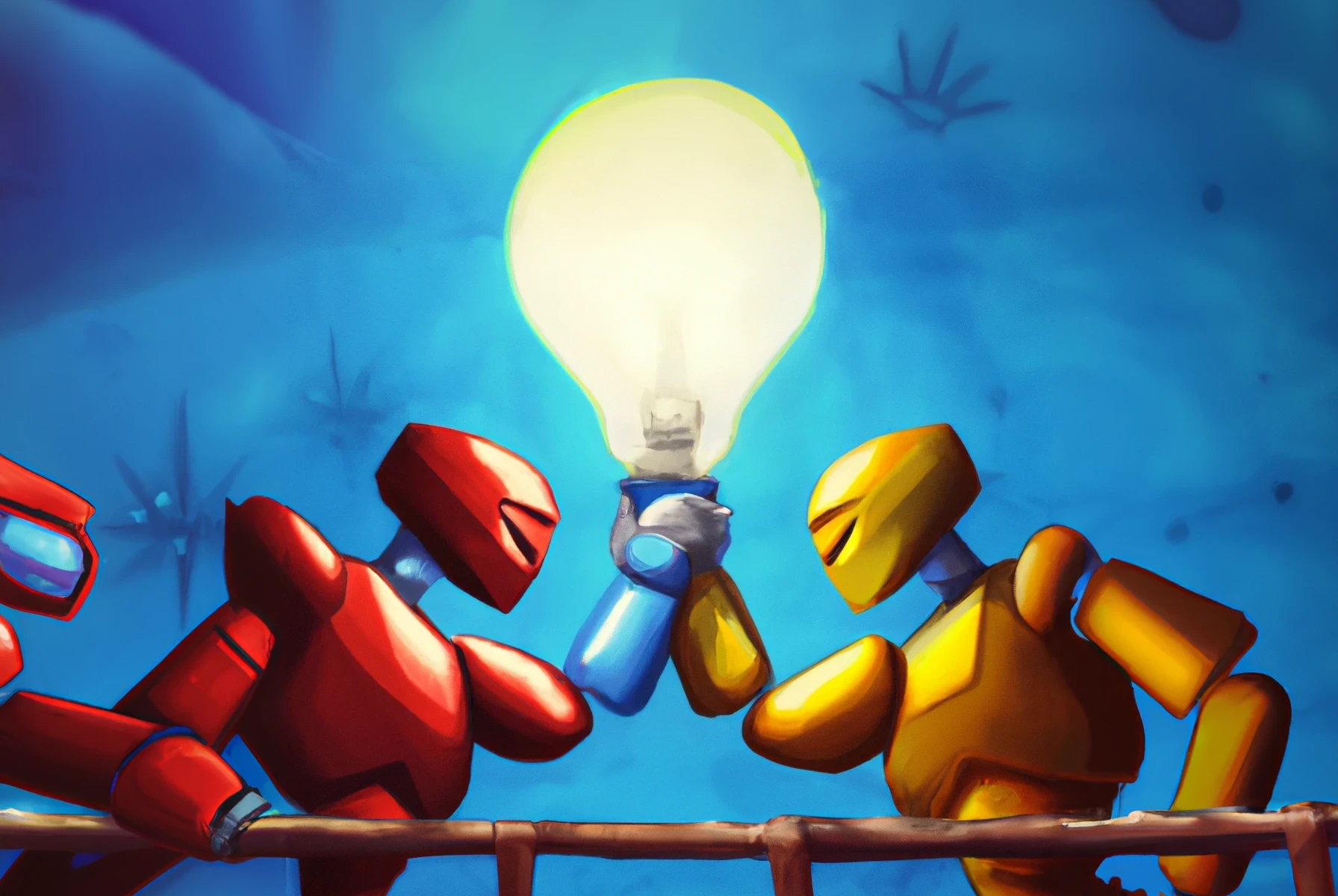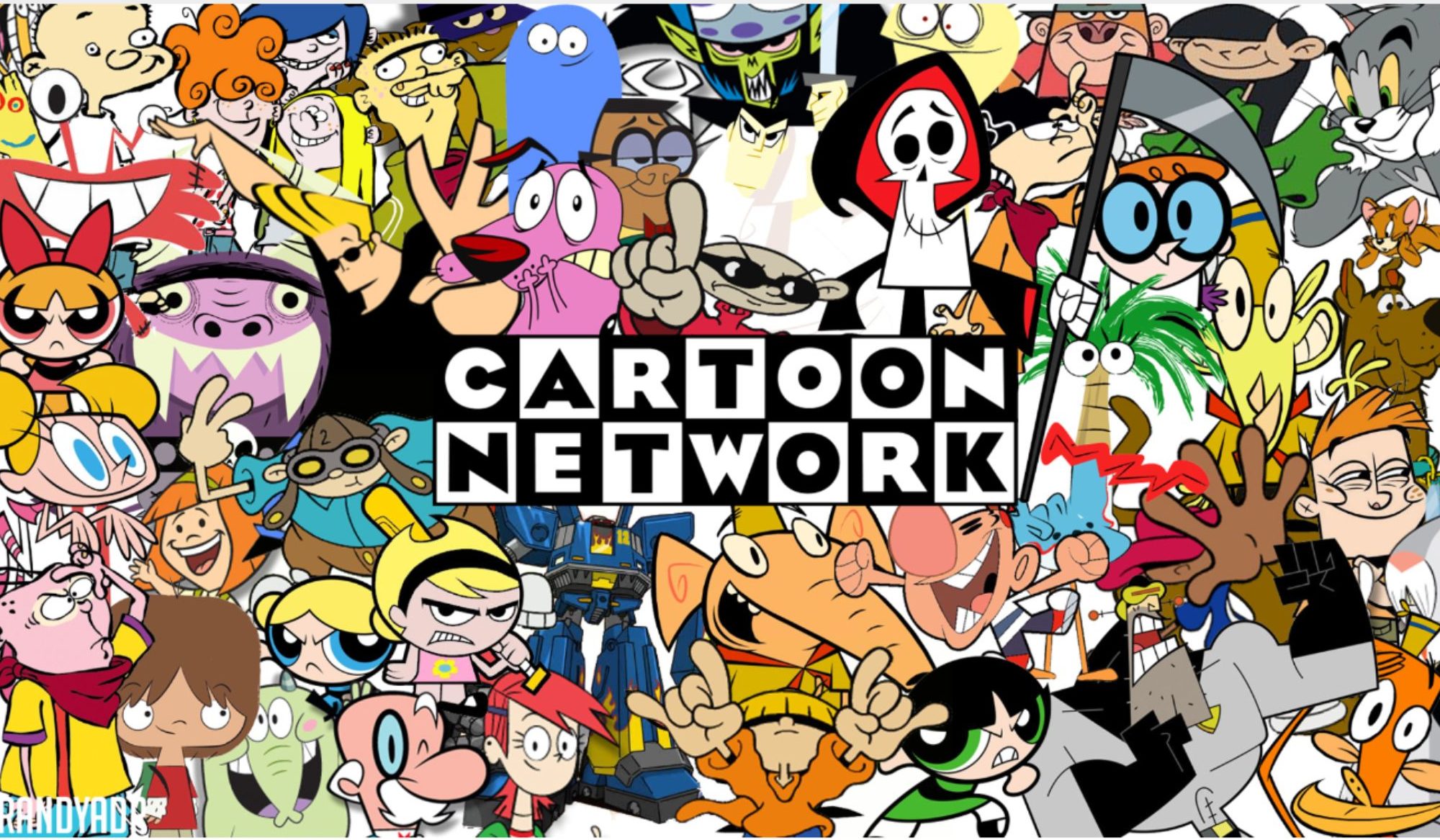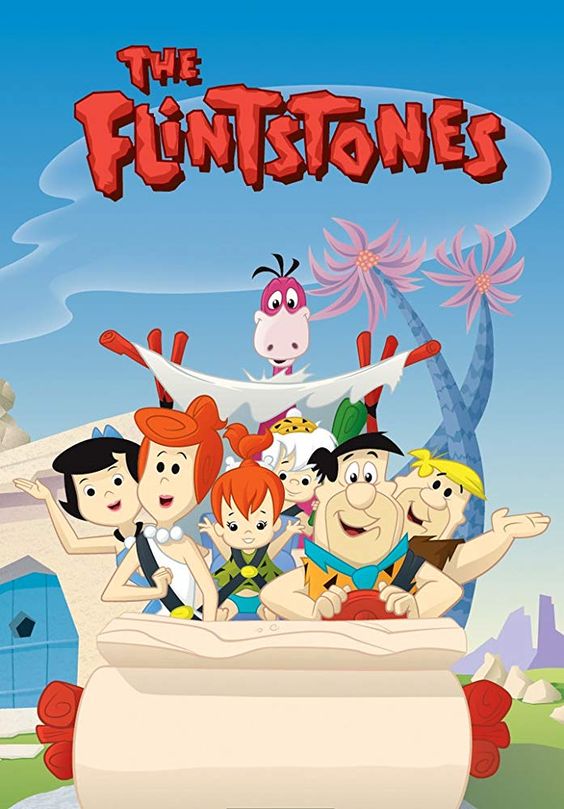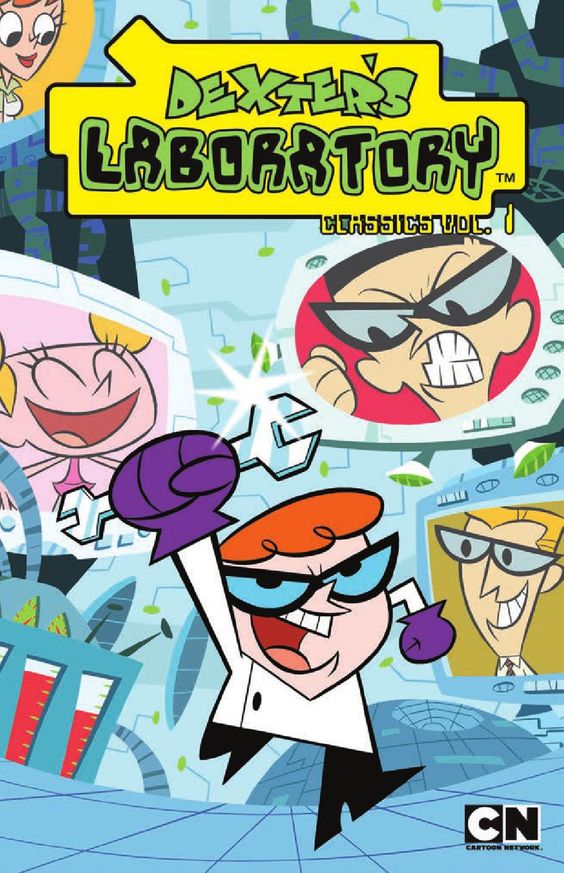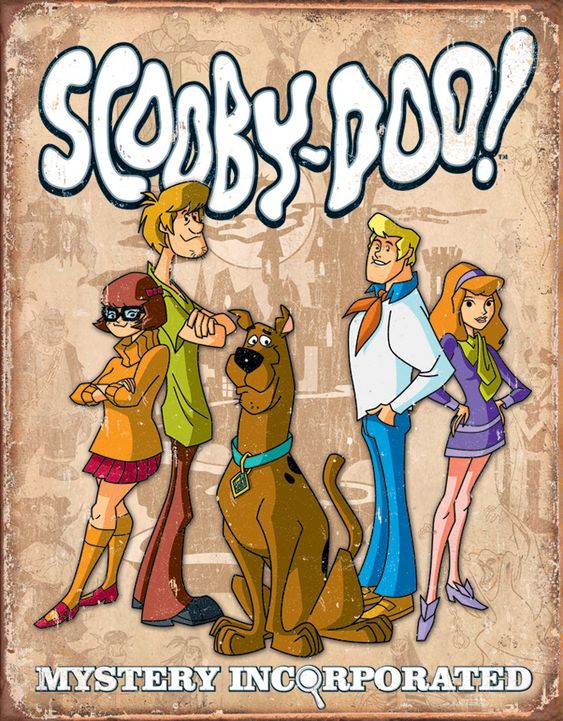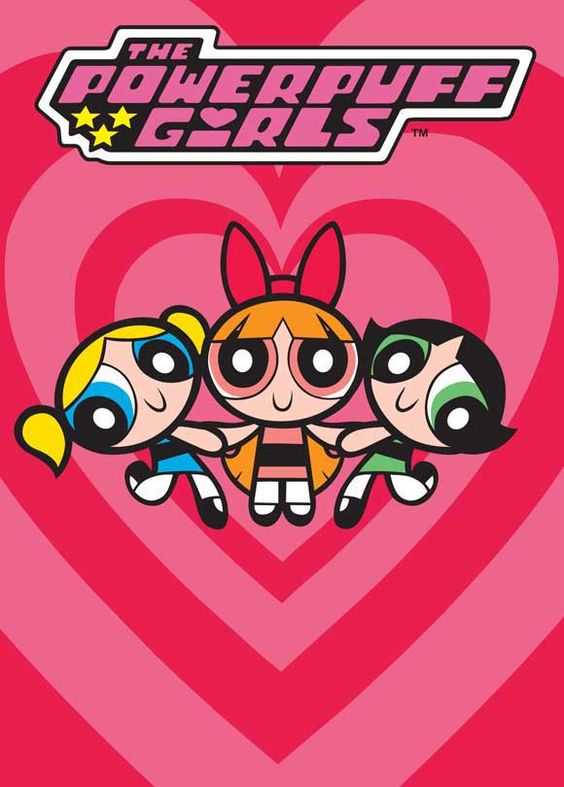The film and animation industry has been one of the most impacted by the rapid advancement of artificial intelligence (AI) technology. Many artists are speculating about the possibility of AI replacing animators, VFX artists, and even storytellers in the coming years. While the answer to this question remains uncertain, there is a glimmer of hope to be found in the pages of human history, emitting from a light bulb to save us all from this uncertainty.
There are numerous videos and articles that explain the potential of AI and its ability to produce content cheaply, quickly, and with less manpower. However, let’s not delve into that and instead jump straight into the question:
How can a light bulb save our jobs from AI?
To answer this, let’s consider the light bulb hanging on the rooftop of Livermore Fire Station, which has been continuously running since 1901. Yes, this little thing is proof of what humans can accomplish with technology. But here’s a hard truth: we will never get a bulb like that again. Yes, not just bulbs, in fact, we will never get anything that could last forever, whether it’s a car, a television set, or a cell phone. Why? Well, it’s due to a tactic known as ‘planned obsolescence.’
Planned obsolescence is the practice of designing products with a limited lifespan, in order to encourage consumers to purchase new products more frequently. This can be achieved through various means, such as using low-quality materials that are prone to breaking or degrading, designing products with features that become outdated or obsolete over time, or simply making products that are difficult or costly to repair or maintain. In short, companies intentionally produce low-quality products for continued sales.
While you may view this as a cunning strategy employed by greedy corporations, there is a counterargument that suggests this practice is actually necessary. If everyone were to start receiving high-quality products that last forever, it would lead to a decrease in sales for companies and, eventually, job loss due to reduced production.
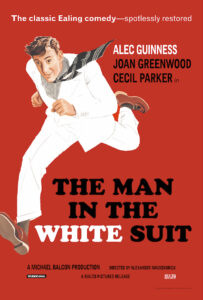
This concept was nicely shown in an Oscar-nominated film ‘The Man in the White Suit’ released in 1951. It’s a movie about a scientist who invents a highly durable fiber to make an unbreakable thread. Initially, everyone is thrilled by his scientific breakthrough, but by the end of the film, we see the workers and owners of the thread factory coming together to destroy the scientist and his invention. And believe it or not, this movie was inspired by real-life events.
Sure, at the core, ‘planned obsolescence’ comes across as an unethical practice, and people are raising their voices against it. However, it makes us aware of the fact that people in authority are aware of the implication of technological advancement on our lives.
The point being made is that just like the production of long-lasting bulbs and other such things was halted for profits and employment, authorities will not allow artificial intelligence (AI) to develop beyond a certain point or at least will not make certain advanced technologies publicly available. This is because the prosperity and economic stability of the people are crucial for the smooth functioning of any country. So, in a way, obtaining low-quality products or technologies can be seen as a blessing in disguise for humanity.
And even if AI advances beyond its current state, which is likely to happen, humans will likely find ways to adapt and work alongside it, similar to how computers have generated more jobs than were initially expected.

In Avatar: The Way of Water, for example, human animators and VFX artists worked with cutting-edge technology to bring to life the magical world of Pandora. The film shows that while technology is advancing at a rapid pace, human creativity, and imagination will always be essential to the art of storytelling and filmmaking.
So to sum it up, while it is true that AI technology has the potential to revolutionize the film and animation industry, it is also important to consider the fact that the advancement of this technology will be limited by factors such as planned obsolescence and the need for economic stability.
Furthermore, the advancement of AI technology can actually lead to more job opportunities rather than fewer. For example, as AI technology becomes more prevalent in the film and animation industry, there will be a growing need for professionals with the skills and knowledge to work with this technology. This could include roles such as AI programmers, data analysts, and machine learning engineers. Additionally, the use of AI in the industry could lead to the creation of entirely new job roles that do not currently exist.
Moreover, while AI technology can create content quickly and cheaply, it cannot replace the creativity and unique perspectives that human artists bring to the table. The human touch and creative input is an essential parts of the filmmaking and animation process that cannot be replicated by machines. AI can assist and complement the work of human artists, but it cannot replace them entirely.
It is also worth noting that the film and animation industry has a long history of adapting to technological advancements. For example, when computer-generated imagery (CGI) was first introduced in the 1970s, there were concerns that it would replace traditional animation techniques. However, this did not happen, and instead, the two techniques coexist and are often used together in modern films.
In conclusion, while there are concerns about the impact of AI on the film and animation industry, there is no need to fear for our jobs. AI technology can complement and assist the work of human artists, but it cannot replace them entirely. Additionally, the advancement of AI technology can actually lead to more job opportunities in the industry. Therefore, it is important to embrace this technology and the opportunities it presents while also acknowledging the importance of the human touch and creativity in filmmaking and animation.
To learn more about indian animation, please follow my youtube channel, Animadworld!
